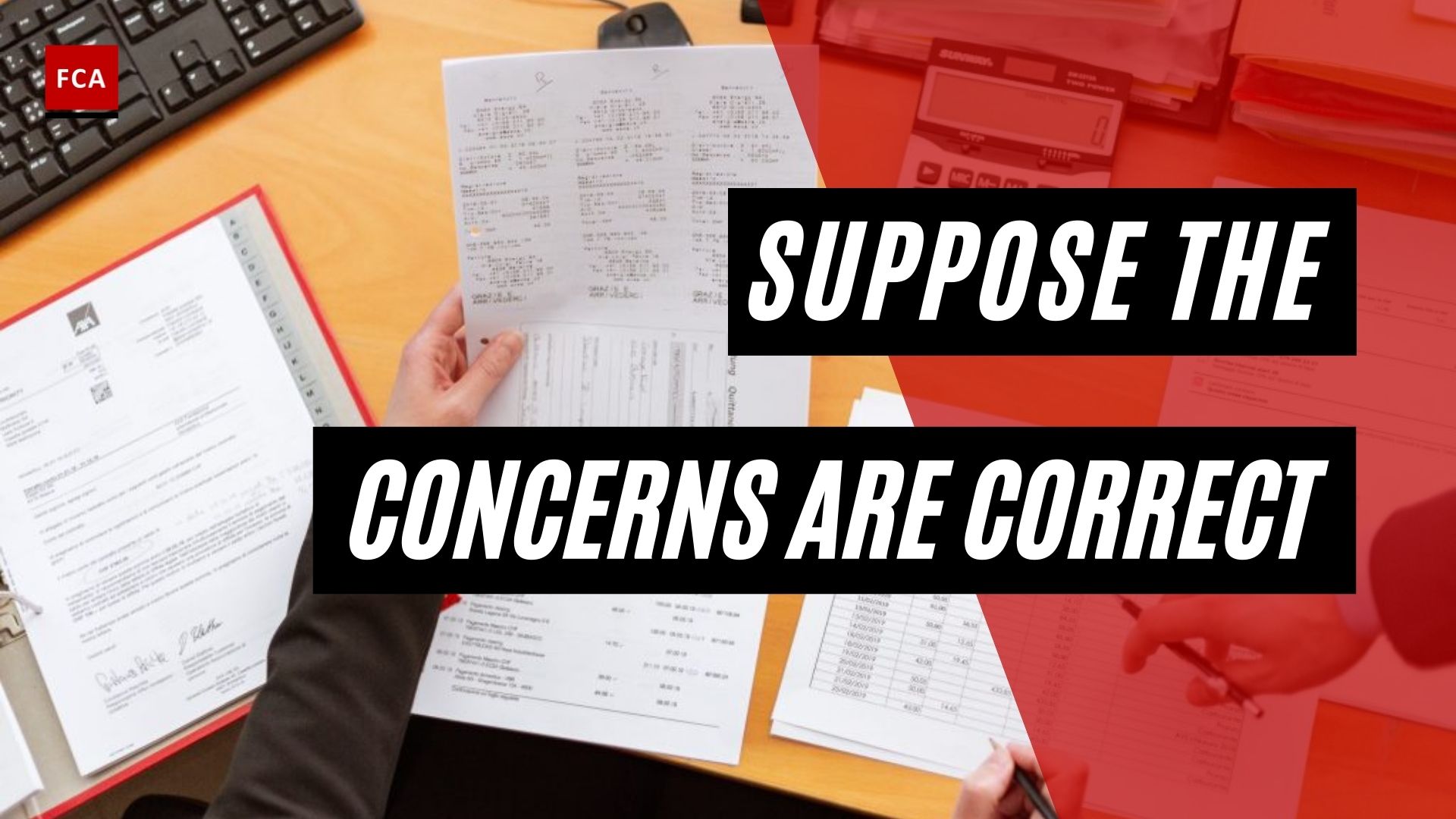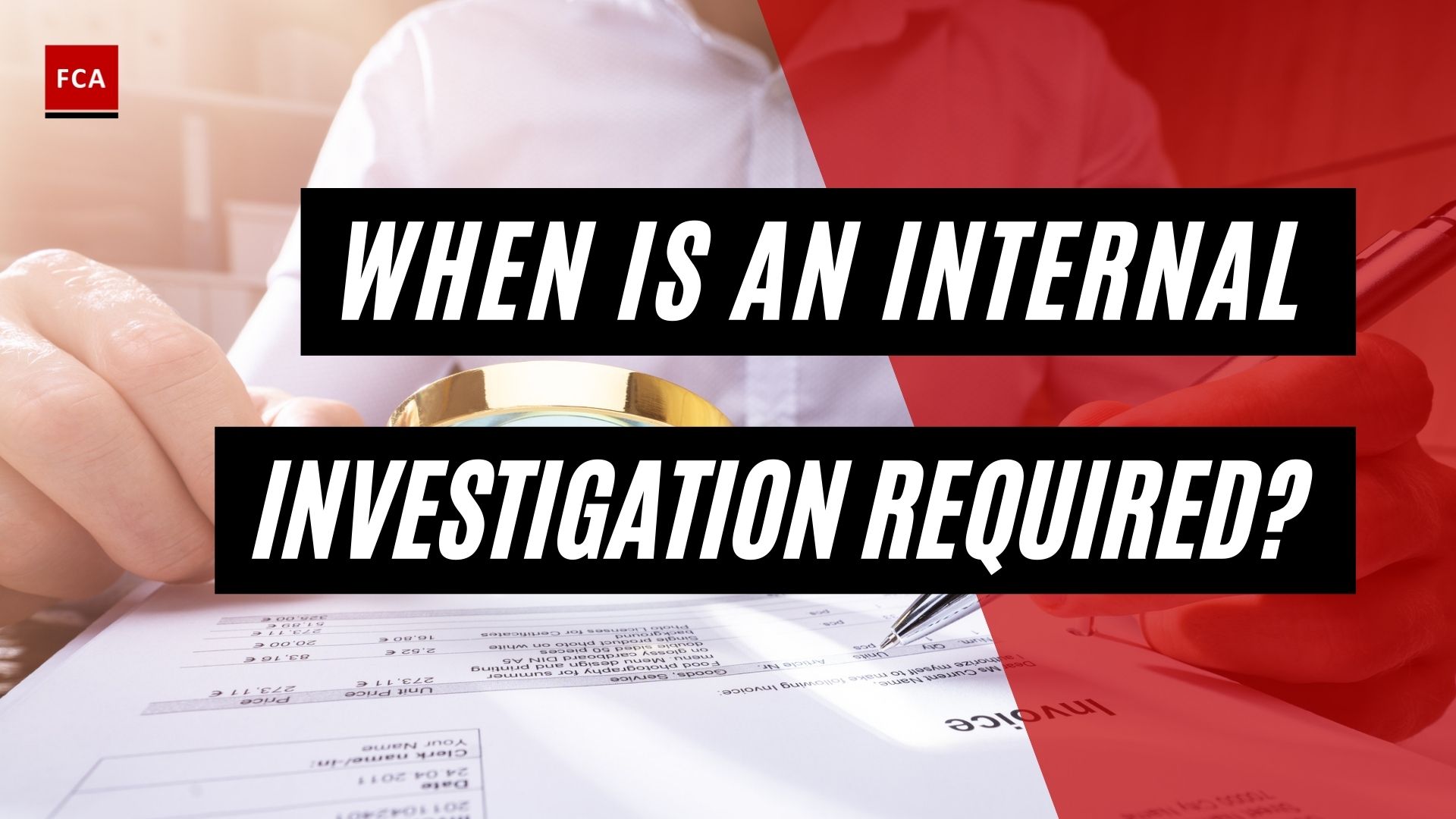Post-Acquisition Disputes. Often, once a merger has closed, acquirers think that the most difficult part of the process is over was; actually, it has only just begun. Given the complex nature of deal-making, post-acquisition, expensive, time-consuming and contentious disputes can quickly arise over various issues.

Post-Acquisition Disputes
Negotiations held before the signing of agreements help parties resolve several key business, legal, tax, intellectual property, and employment and liability issues. Parties on both the sell and buy-side must be able to successfully negotiate an amicable deal. They must also be aware of the pitfalls of pursuing a transaction and put in place a strategy to avoid issues.
Some of the common factors that lead to most post-acquisition disputes are:
- volatility in the target company’s markets,
- ambiguity in terms of the sale and purchase agreement,
- pressure to get the deal, and
- fraud
For these and other reasons, dispute solving can be expensive and time-consuming.
Post-acquisition disputes can be categorized into various categories: breach of warranty claims, issues over the interpretation of earn-out provisions, enforcement of restrictive covenants, and post-completion issues such as share transfers and registration of properties.
The most common disputes arise from an ongoing economic or employment relationship between the buyer and seller. For example, acquisitions that contain earn-out provisions for departing executives or owners frequently result in future disputes. Such calculations are often judgmental and open to interpretations and thus frequently result in disputes.
The most common type of post-acquisition dispute relates to claims under representations and warranties contained in Share Purchase Agreements (SPAs), such as financial guarantees. Vendors are more willing to guarantee buyers against events with strong hazards, like third-party claims.
In addition, the development of innovative startups brought about a new source of dispute linked to founders’ and managers’ exit clauses, especially in the framework of ventures. In this particular area, ventures may be quite touchy regarding funding rounds or the departure of a startup’s inventors, but also key players remaining in the company under an earn-out provision. Contracts are rarely drafted with enough anticipation of tough situations.
SPAs
Well drafted SPAs are essential to a successful transaction. They are the hard proof and evidence of all the important commercial and pricing negotiations. SPAs should be drafted in a way that they clarify the responsibilities and duties of each side without leaving anything to interpretation. However, these contracts are often imperfect and open to exploitation and interpretation.
Drafting such agreements is always challenging; however, a properly drafted agreement avoids future issues. Thus, it can be advantageous as it helps prevent future costs that may arise due to the dispute.
SPAs should allocate the risk for each party, for example, by stating who will be responsible for what risks at the time of closing. This avoids future issues as the seller will want to allocate as much risk to the buyer as possible and vice versa.
Due diligence will inform any agreement, which has severe implications for reps and warranties. Drafting such a provision is truly helpful as it forces parties to adopt a proactive role and be well aware of each other’s duties and rights. Usually, weak due diligence means either a low price or strong warranties; on the other hand, strong due diligence means a high price or limited warranties. SPAs must specify whether the due diligence excludes the contracting party’s liability. Companies cannot rely on in-house counsel and financial due diligence, and outside expertise may prove critical. Appointing the right advisers can limit future disputes.
It is also important for SPAs to deal with courses of action that can be taken in the event of disputes. The clarity in the SPA’s dispute resolution clauses is critical to ensure that each type of dispute is addressed timely. The most appropriate resolution method is often the initial negotiation for a finite period, then escalating to court proceedings or, frequently, expert determination. The courts are usually the default form of dispute resolution for domestic acquisitions, but arbitration is common for international acquisitions.
SPAs usually stipulate arbitration and other forms of alternative dispute resolution (ADR) methods due to their benefits in terms of duration, flexibility, and confidentiality of proceedings. Arbitration allows a neutral forum and tribunal. Thus is often acceptable to both parties.
However, pre-emption of any future dispute remains the most effective means of resolving post-acquisition disputes. Therefore, companies should use ample time to draft their agreements and carefully consider all possible outcomes and scenarios. The involvement of a litigation team is always advisable.
Cyber issues and liabilities in M&A
Acquirers must also be able to evaluate the extent to which the target company is vulnerable to a cyber-attack, or has already been attacked which compromised its high-value digital assets. Otherwise, there is a risk of buying this vulnerability and encountering the damage and liability from incidents it has suffered.
Often it is noted that companies overlook cyber security assessments while performing due diligence or these assessments are limited company’s IT systems. This results in serious cyber threats getting ignored.
Calculating damages
Some of the most damaging and challenging disputes focus on whether the acquirer got what it paid for. But calculating damages can be challenging. The target company’s purchase price is often seen as a multiple of its trailing 12 months reported earnings before interest, tax, depreciation, and amortization (EBITDA), with an adjustment for any working capital.
Parties are required to show a combination of business valuation, forensic accounting, and economic analysis techniques to conclude.
Resolving disputes
Alternate Dispute Resolution (ADR) is considered the quickest and cheapest way of resolving a dispute. However, disputes can often occur even when the parties utilize ADR. This may happen due to the personalization of the dispute. Parties that act in a reasonable and business-like manner during the negotiation of an asset purchase agreement often make any subsequent disputes personal. The disputes should be approached dispassionately and by applying cost/benefit analysis to the problem.
Final Thoughts
Acquisitions are complex events that can result in post-transaction disputes over alleged breaches of representations and warranties, earn-out provisions, post-closing purchase price adjustments, and other issues, all of which can have significant economic consequences. Disagreements and disputes caused by deal complexities, differing interpretations of accounting principles, and a lack of specificity in the sale and purchase agreements may have significant financial consequences or drain time and resources from your business.
Resolve potential disagreements and disputes and move the process forward as quickly as possible with our professionals who can serve as independent or neutral accountants, providing independent and objective determinations across the many dimensions of a post-acquisition dispute.








